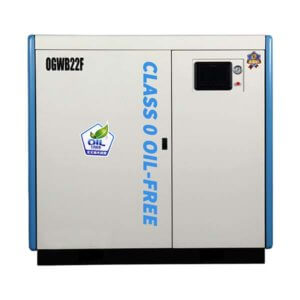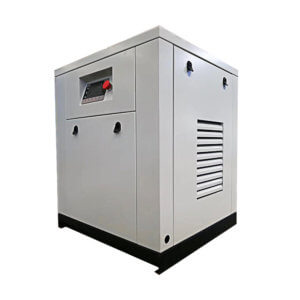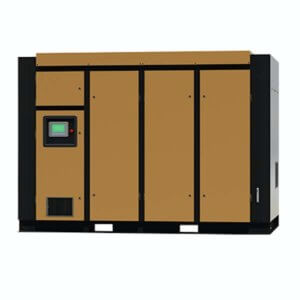Choosing a proper compressor may have a major long-term impact on your energy costs. Why? Compressed gas generation accounts for at least 30% of a facility’s annual invoice.
However, the compressor cost may be a small percentage of its lifetime cost. In fact, about 70% of an air compressor’s lifetime cost will spend to power it, with the rest the upfront equipment cost and maintenance and repairs.
You can manage the price of generating compressed air with several best practices. The primary step is knowing the way to calculate the cost of compressed air and try to reduce energy expenditures. There are some different ways you can estimate the life cycle costs of a compressor. Let’s take a look at one method to provide you with a framework for how to make an informed purchase.
Total Costs (True Life Cycle Costs)= Purchase Costs + Parts&Service + Energy Costs
How to calculate the benefit an investor will receive in relation to their investment cost. Use the ROI financial ratio. It is commonly measured as net benefits divided by the total costs of the investment. The higher the ratio, the greater the benefit earned.
ROI (Return on Investment) = Net benefits / Total costs
ROI COMPARISON
How To Choose Air Compressor
Air Compressor Buyer’s Guide
As a common source of power, air compressors are widely
How to Choose Water-cooled vs. Air-cooled for air Compressors?
The air compressor generates a lot of heat in the
Variable-speed VS. Fixed-speed Air Compressor
More and more people choose or update a VSD (Variable
Oil-free VS Oil-injected Screw Air Compressor
What is the difference between an oil-free and
Water-injected Oil-free VS Dry Oil-free Screw Air Compressor
In recent decades, there has been more and more research
Single-screw VS Twin-screw Air Compressor
When it comes to the screw type air





